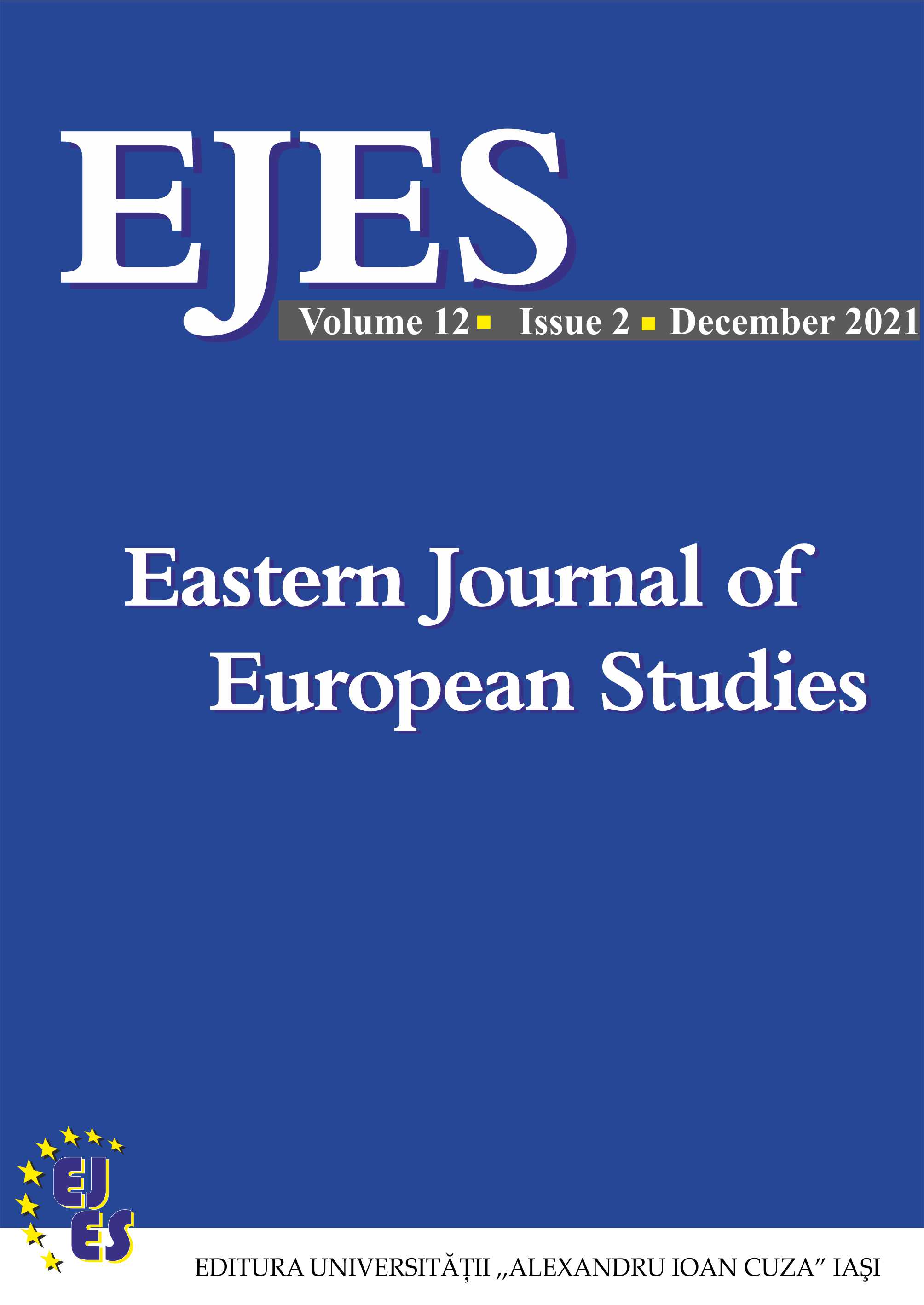Private property - the inclusive institution which shaped dissimilar economic dynamics. Evidence from the Czech Republic and Romania
Private property - the inclusive institution which shaped dissimilar economic dynamics. Evidence from the Czech Republic and Romania
Author(s): Oana Ramona Socoliuc, Andreea Iacobuță, Elena CiortescuSubject(s): National Economy, Supranational / Global Economy, Business Economy / Management, Business Ethics
Published by: Editura Universităţii »Alexandru Ioan Cuza« din Iaşi
Keywords: inclusive political institutions; inclusive economic institutions; private property; transition; development;
Summary/Abstract: Following the path prescribed by Acemoglu and Robinson, development disparities can be better interpreted in the light of the effectiveness of political and economic institutions which rule society. From this perspective, the post-communist economies provide enough evidence when addressing the transition strategies followed in order to shape the market economy. Our paper analyses the impact of private property reform on the economic outcomes of Romania and the Czech Republic, as exponents of the two transition strategies. We employ a Vector Error Correction Model, followed by a Variance decomposition and a Granger Causality to emphasize the contribution of dissimilar property reforms to the economic dynamics. The results highlight that clear property rights in the Czech Republic have created the auspicious circumstances for enhancing growth and prosperity while, for Romania, it became an obstacle against economic growth.
Journal: Eastern Journal of European Studies
- Issue Year: 12/2021
- Issue No: 2
- Page Range: 213-243
- Page Count: 31
- Language: English

